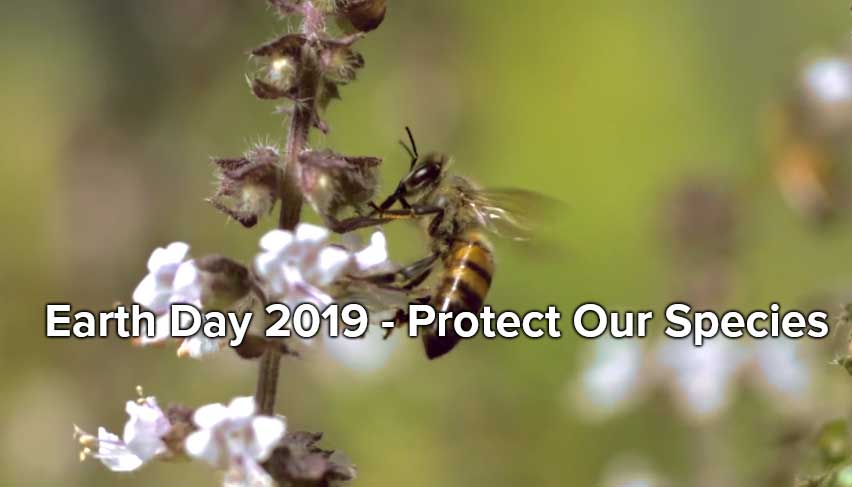 Earth Day
Earth Day
April 22, 2019
On April 22, 1970, millions of people took to the streets to protest the negative impacts of 150 years of industrial development.
In the U.S. and around the world, smog was becoming deadly and evidence was growing that pollution led to developmental delays in children. Biodiversity was in decline as a result of the heavy use of pesticides and other pollutants. The global ecological awareness was growing, and the US Congress and President Nixon responded quickly. In July of the same year, they created the Environmental Protection Agency, and robust environmental laws such as the Clean Water Act and the Endangered Species Act, among many.
Earth Day is now a global event each year, and we believe that more than 1 billion people in 192 countries now take part in what is the largest civic-focused day of action in the world. It is a day of political action and civic participation. People march, sign petitions, meet with their elected officials, plant trees, clean up their towns and roads. Corporations and governments use it to make pledges and announce sustainability measures. Faith leaders, including Pope Francis, connect Earth Day with protecting God’s greatest creations, humans, biodiversity and the planet that we all live on.
The theme for Earth Day 2019 is "Protect Our Species"
“In nature, nothing exists alone.” — Rachel Carson, 1962
Nature’s gifts to our planet are the millions of species that we know and love, and many more that remain to be discovered. Unfortunately, human beings have irrevocably upset the balance of nature and, as a result, the
world is facing the greatest rate of extinction since we lost the dinosaurs more than 60 million years ago. But unlike the fate of the dinosaurs, the rapid extinction of species in our world today is the result of human activity.
The unprecedented global destruction and rapid reduction of plant and wildlife populations are directly linked to causes driven by human activity: climate change, deforestation, habitat loss, trafficking and poaching, unsustainable agriculture, pollution and pesticides to name a few. The impacts are far reaching.
If we do not act now, extinction may be humanity’s most enduring legacy. Here are some quick facts on the current wave of extinction and additional information about this problem here.
All living things have an intrinsic value, and each plays a unique role in the complex web of life. We must work together to protect endangered and threatened species: bees, coral reefs, elephants, giraffes, insects, whales and more.
The good news is that the rate of extinctions can still be slowed, and many of our declining, threatened and endangered species can still recover if we work together now to build a united global movement of consumers, voters, educators, faith leaders, and scientists to demand immediate action.
Earth Day Network is asking people to join our Protect our Species campaign. Our goals are to:
- Educate and raise awareness about the accelerating rate of extinction of millions of species and the causes and consequences of this phenomenon.
- Achieve major policy victories that protect broad groups of species as well as individual species and their habitats.
- Build and activate a global movement that embraces nature and its values.
- Encourage individual actions such as adopting plant based diet and stopping pesticide and herbicide use.
» Read More
Courtesy: Earth Day Network